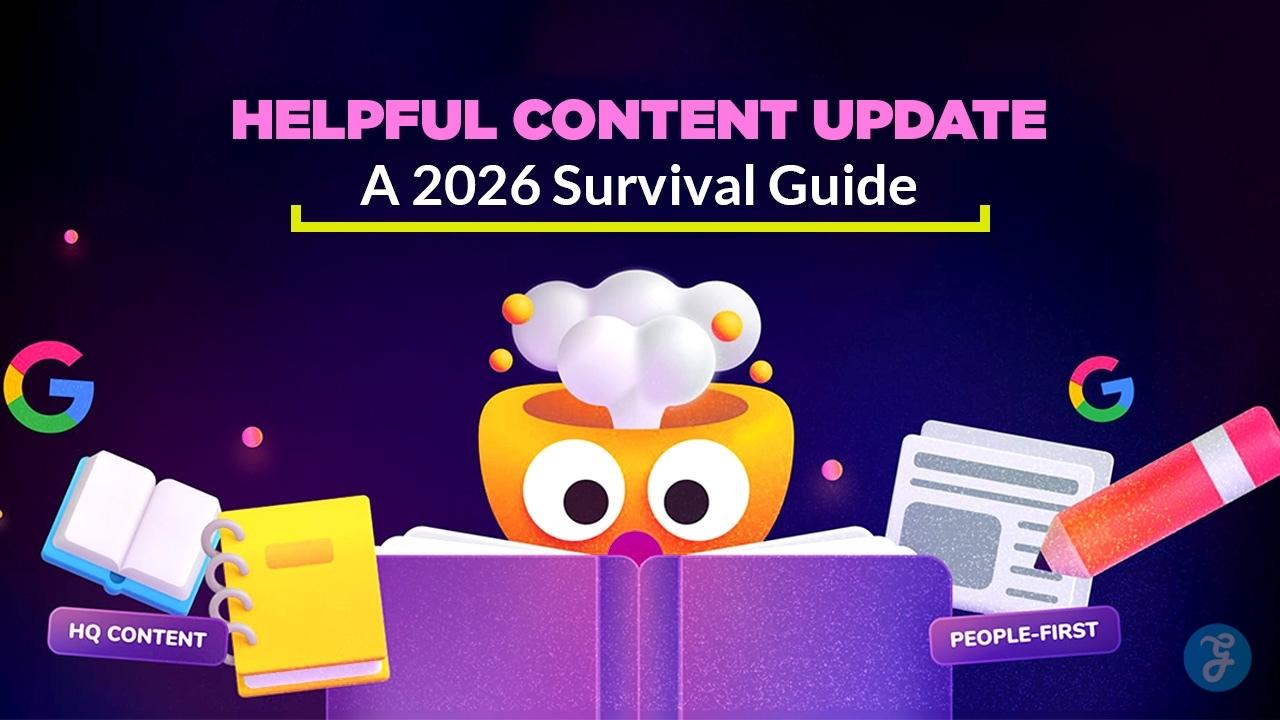Popular Articles
Master The “Helpful Content” Update: A 2026 Survival Guide! [Conquer SEO Challenges]
You create great content. You spend hours on it. But your web traffic just keeps dipping. Your posts are packed...
The Ultimate Guide to Biophilic Home Office Design: 10 Essential Strategies to Transform Productivity and Wellness
The year 2026 has officially retired the “clinical” home office. We have moved past the era of sterile white desks...
15 Best Grammar Checkers And AI Editors For Writers
Choosing the best grammar checkers 2026 has become an essential task for any serious content creator or professional communicator. These...
10 Best CRM Platforms For Real Estate Agents
Choosing the best CRM for real estate agents is the most critical technology decision a modern real estate professional can...
15 Best Keyword Research Tools To Dominate SERPs In 2026
The digital world has transformed significantly as we move through 2026. Finding the right tools to identify profitable search terms...
Robo-Advisors Vs DIY Trading: Which Platform Style Fits You Best?
Have you ever stared at an investment app and felt completely stuck? You know you need to put your money...
Latest Articles
Master The “Helpful Content” Update: A 2026 Survival Guide! [Conquer SEO Challenges]
You create great content. You spend hours on it. But your web traffic just keeps dipping. Your posts are packed...
The Ultimate Guide to Biophilic Home Office Design: 10 Essential Strategies to Transform Productivity and Wellness
The year 2026 has officially retired the “clinical” home office. We have moved past the era of sterile white desks...
15 Best Grammar Checkers And AI Editors For Writers
Choosing the best grammar checkers 2026 has become an essential task for any serious content creator or professional communicator. These...
10 Best CRM Platforms For Real Estate Agents
Choosing the best CRM for real estate agents is the most critical technology decision a modern real estate professional can...
15 Best Keyword Research Tools To Dominate SERPs In 2026
The digital world has transformed significantly as we move through 2026. Finding the right tools to identify profitable search terms...
The Art Of “Deep Work” In A Distracted Office
Do you ever feel like your brain is jumping from one thing to another at work? Phones buzz, emails stack...











